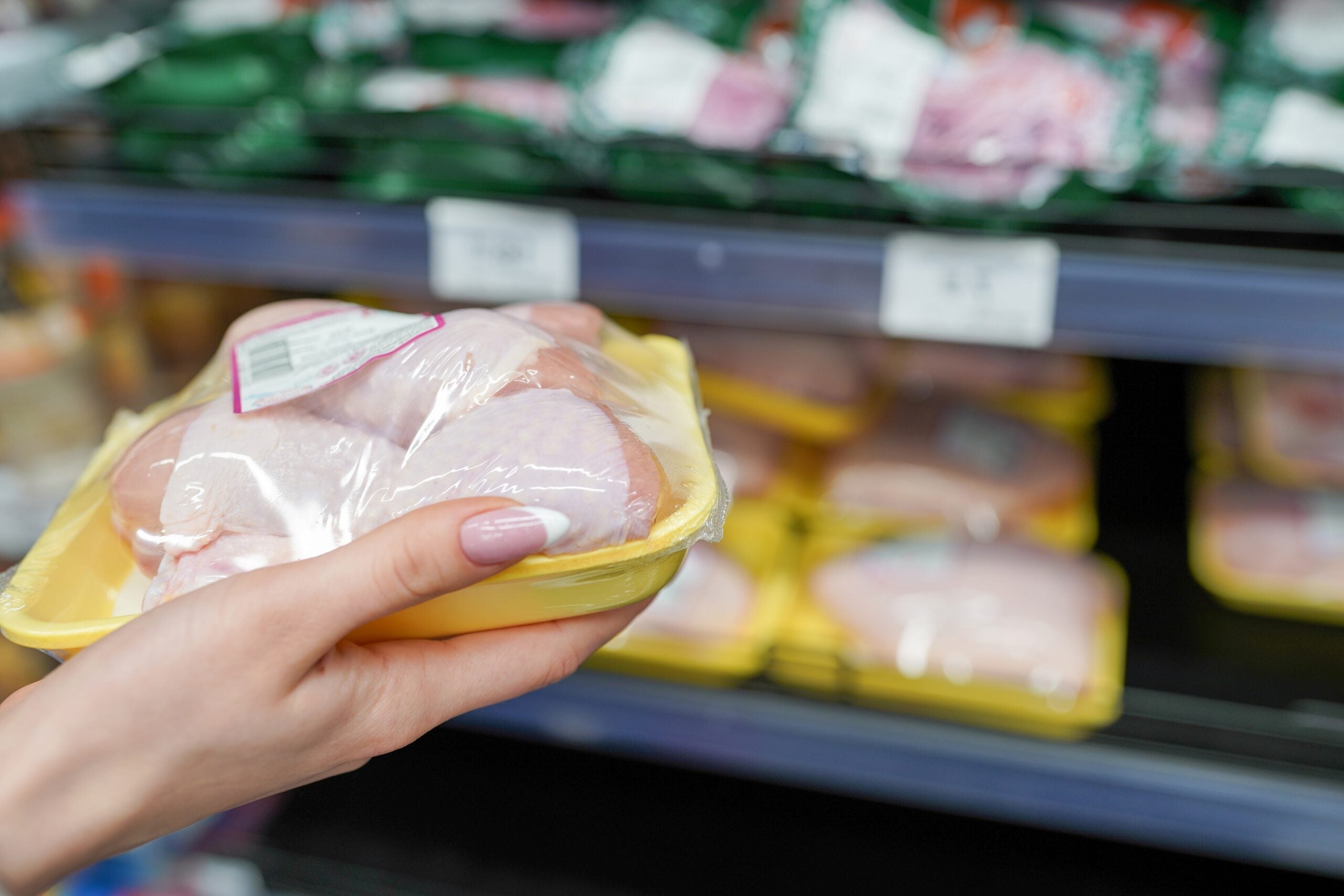
The UK food industry today (21 September) gave a cautious welcome to news two fertiliser plants will re-start production after their stoppage sparked concerns over CO2 supplies.
US-based fertiliser supplier CF Industries has agreed to resume output following talks with the UK government.

Discover B2B Marketing That Performs
Combine business intelligence and editorial excellence to reach engaged professionals across 36 leading media platforms.
Last week, CF Industries stopped production at the sites, both in northern England, pointing to high gas prices. The shutdowns prompted fears in the food sector about the flow of CO2, which is a by-product of fertiliser manufacturing and widely used in areas such as meat processing and the packaging of chilled foods.
A deal between the UK government and CF Industries was widely reported this afternoon, although a formal statement has yet to be released.
Just Food has approached the UK’s Department for Business, Energy and Industrial Strategy for comment. Just after 10am local time this morning, UK Business Secretary Kwasi Kwarteng tweeted: “Today, I’m locked in discussions with colleagues across Government to discuss possible ways to secure vital CO2 supplies. We are in constant contact with relevant companies who produce and supply CO2 – at home and abroad – and are monitoring the situation minute-by-minute.”
The two CF Industries plants, located in Teesside in north-east England and in Cheshire in the north west, account for 60% of the country’s CO2 production, food industry executives say.

US Tariffs are shifting - will you react or anticipate?
Don’t let policy changes catch you off guard. Stay proactive with real-time data and expert analysis.
By GlobalDataThere had been warnings from the UK food industry the sector had between five and 15 days’ supply left. Some meat processors were reportedly having to choose whether to use their dwindling supplies of CO2 for slaughtering or packaging.
The CO2 shortage was the latest jolt to the UK’s food supply, already buffeted by a lack of HGV delivery drivers and a shortfall of workers in certain areas of processing.
“If today’s conversations on shortages have given the CO2 manufacturers enough confidence to restart production, this is to be welcomed. We don’t yet have the detail but if production can restart at appropriate scale before the end of the week, this should be enough to ensure pig and poultry production can continue at close to normal. There will be some shortages but these will not be as bad as previously feared,” Ian Wright, the chief executive of UK manufacturing body The Food and Drink Federation, said.
“When we are certain that the immediate supply issues are resolved, we should then work with government to build resilience into the production of CO2 to protect our food supply chain.”
The British Poultry Council, which had called on the UK government to “financially support” the production of CO2 in the country until the end of the year, also gave the news of a deal a tentative welcome.
“The announcement that the Government has reached an understanding with CF Industries is good news for the continuation of CO2 production to keep food moving. We thank the Government for this intervention. We are currently waiting for Defra [the UK’s Department for Environment, Food and Rural Affairs] to facilitate how this will work in practice,” Richard Griffiths, the council’s chief executive, said.
“This is just the start of a long road ahead. This episode has demonstrated the importance of CO2 in British poultry production, to avoid both bird welfare and supply issues. Food is a national security issue and must be treated as such: total poultry production in this country is around 20 million birds a week. The whole poultry meat industry is working tirelessly to avoid food shortages or the worst case scenario of empty supermarket shelves.”
Andrew Opie, director of food and sustainability at UK retail association The British Retail Consortium, added:
“We welcome the announcement of a deal to get CO2 production back to normal levels. By taking decisive action on this important issue, the Government will help prevent availability issues arising from CO2 shortages.
“It is vital that production at the Cheshire and Stockton-on-Tees plants is restarted as soon as possible, and distributed quickly to food manufacturers in need of it. To support this, and other supply chain issues that have arisen in recent weeks, the Government must also find a solution to the shortage of HGV drivers. Retailers are helping to train tens of thousands of new British delivery drivers, but while this takes place it is vital that Government provides temporary work visas to allow drivers from abroad to fill the gap and keep our supply chains moving.”





